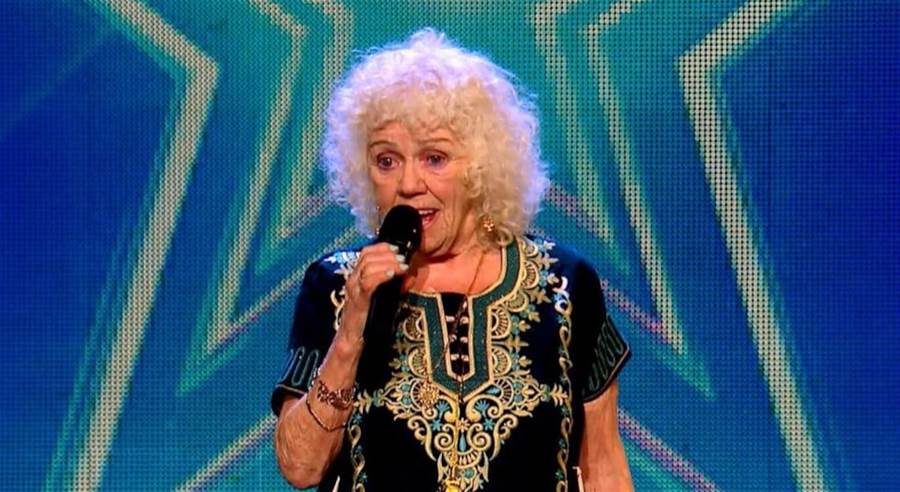
In a dramatic finale at the Paris Olympics, the New Zealand women’s rugby sevens team clinched the gold medal, triumphing over Canada with a 19-12 victory at the Stade de France. Despite the impressive win, it was what happened after the match that left an indelible mark on the 60,000-plus fans in attendance.
As the athletes were awarded their medals, many spectators began to leave the stadium. However, those who stayed were treated to a powerful and moving display of cultural pride.
The New Zealand team, adorned with their gold medals, performed a haka—a traditional war dance of the Māori people, indigenous to New Zealand.

The haka, known for its vigorous and expressive movements, is more than just a pre-game ritual. It represents a profound expression of strength, unity, and heritage. The performance by the rugby squad was a vivid illustration of their collective spirit and determination, echoing their prowess on the field.
The haka resonated with the intensity of their victory, serving as a fitting capstone to a remarkable Olympic campaign. For many, the haka was the highlight of the evening, capturing the essence of New Zealand's rich cultural legacy and the team's exceptional achievement.

The gold medal victory not only marked New Zealand's first gold at the Paris Games but also extended their streak as reigning champions in rugby sevens.
The athletes’ display of pride and tradition after their win showcased the deep connection between their sport and their heritage, creating a memorable moment that will be celebrated long after the Games.
The article is not finished. Click on the next page to continue.
Next page


















